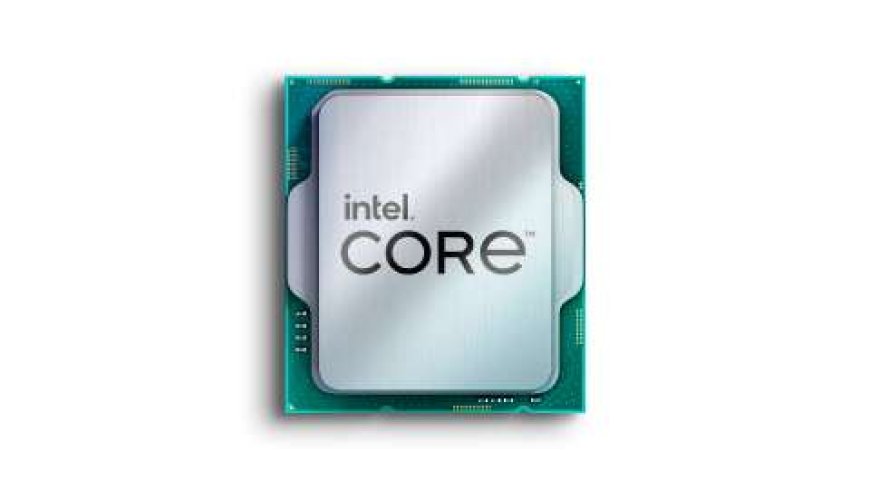Intel's Latest Core CPUs
Intel's latest generation of Core desktop CPUs, including the Core i9-14900K, Core i7-14700K, and Core i5-14600K, represents the company's newest offerings in the high-performance segment. These processors are part of the 14th-generation lineup, a refresh of the Raptor Lake series, with the primary focus being on gaming performance.

Key Features and Changes
Incremental Updates
The main change in this generation, compared to the previous one, is a slight increase in clock frequencies. There is no significant improvement in IPC (Instructions Per Cycle), nor are there any substantial tweaks to the silicon. The Core i7-14700K now features an additional cluster of E-cores, bringing the total to 12, while the Core i9 and Core i5 maintain their E-core counts but with slightly higher clock speeds.
Also check "Redragon K615 Elise Keyboard Review: A Compact Powerhouse at a Bargain Price"
Intel's Application Optimization
Intel introduces "Intel Application Optimization" in the 14th-gen series, a policy within Intel's Dynamic Tuning Technology aimed at enhancing performance for select games. However, this feature's support is currently limited to only a couple of games, and its effectiveness is not tested in this review.
Processor Specifications
Performance Enhancements
The Core i9-14900K shows a 3% increase in peak Turbo frequency and a 2% increase for E-cores. The Core i5-14600K gets a 4% bump for P-core Turbo and a 2.5% increase for E-cores. The Core i7-14700K's additional E-cores provide a significant performance boost compared to its predecessor.
Testing Setup and Methodology
Equipment Used for Benchmarking
For the benchmarks, an Asus ROG Strix RTX 4090 graphics card with the latest driver version was used. The processors were tested on updated systems using DDR5 memory, ensuring up-to-date and reliable benchmark data.
Application Benchmarks
Cinebench Multi-Core Test
In the Cinebench multi-core test, the Core i9-14900K matches the performance of its predecessor due to similar throttling under load. The Core i7-14700K shows a notable improvement over the previous generation, while the Core i5-14600K also performs better, thanks to the increased clock speeds.
Power Consumption Concerns
Power consumption is a significant concern, with the Core i9-14900K and Core i7-14700K drawing considerably more power than their AMD counterparts for similar or slightly better performance. The Core i5-14600K, however, shows a better balance between power usage and performance gain.
Single-Core Performance
In terms of single-core performance, modest improvements align with the slight frequency increases across the Core i9, i7, and i5 models.
Gaming Benchmarks
Factorio Performance Analysis
In gaming benchmarks, starting with Factorio, the review notes some inconsistencies with the test methodology. The FactorioBox benchmark used previously may not accurately represent performance on larger maps. A reevaluation with a larger map shows the AMD 7800X3D significantly outperforming the Core i9-14900K.
Conclusion: Assessing Intel's 14th-Gen CPUs
Gaming Performance Focus
Intel's 14th-gen CPUs, especially the Core i9-14900K, aim to reclaim the gaming performance crown from AMD. While they do show some improvements, the gains are modest and come with higher power consumption.
Incremental Updates and Market Position
These processors represent an incremental update over the previous generation, with the primary changes being minor frequency increases and the introduction of Intel Application Optimization. Users of previous-gen Intel CPUs may find little reason to upgrade, but for new builders or those with older systems, the 14th-gen series offers competitive gaming performance.


































